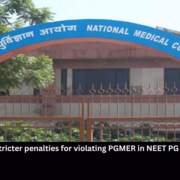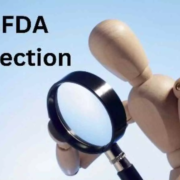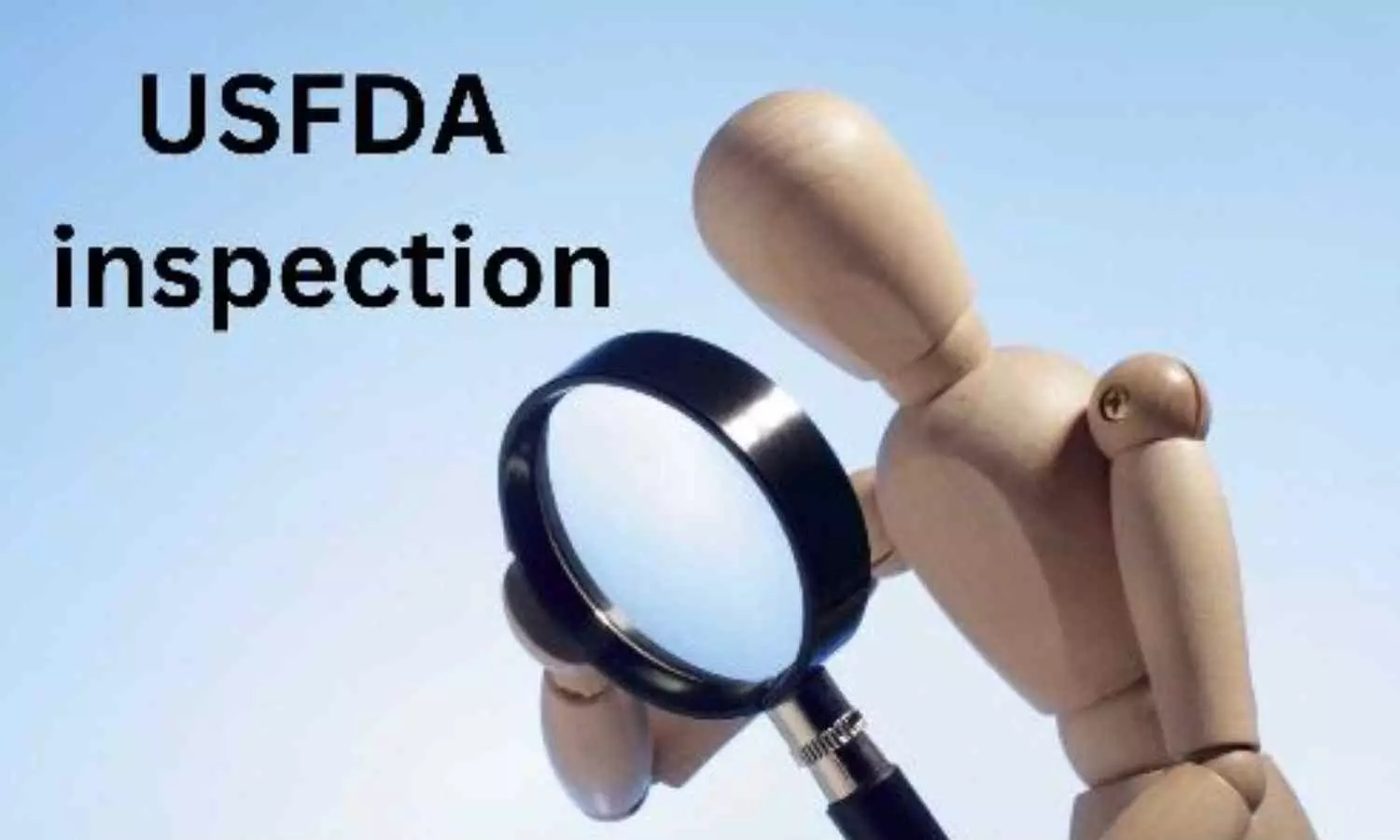
A Pinterest post claims that Drinking Lemon Ginger Tea Every Day can Bid Diabetes Goodbye. This claim is False.
Claim
In a Pinterest post, it is claimed that Drinking Lemon Ginger Tea Every Day can Bid Diabetes Goodbye. The post by Cathy Foster in the post writes that Drinking Lemon Ginger Tea Every Day has multiple health benefits. It includes making your hair long and strong, relieving inflammation and pain, Treat ovarian cysts naturally, Fight indigestion, and Improving your skin health. Among these numerous health claims, the user also claims that Drinking Lemon Ginger Tea Every Day can Bid Diabetes Goodbye. The post can be accessed here.
Fact Check
A Pinterest post claiming that Drinking Lemon Ginger Tea Every Day can Bid Diabetes Goodbye is False. Ginger lemon tea may assist in preventing and managing type 2 diabetes, but there is no evidence supporting the ingredients effectiveness for other types of diabetes. It is also important to note that diabetes is a chronic condition that cannot be cured.All the measures such as drinking lemon tea may aid a little bit in managing diabetes but cannot cure diabetes or bid it goodbye.
What are the health benefits of Lemon?
Lemon scientifically known as Citrus Lemon (L.), part of the evergreen tree family Rutaceae, is native to South Asia and is predominantly found in Northeast India. A peeled lemon contains 17 calories, whereas an unpeeled one has 22 calories. A single tablespoon of lemon juice provides 3 calories, and according to “World’s Healthiest Foods,” a quarter cup of lemon juice delivers 31% of the daily recommended intake of vitamin C, 3% of folate, and 2% of potassium, totaling 13 calories. Lemon is known for its wide-ranging attributes and its importance in various aspects of life, such as food, medicine, and nutrition. Lemon, along with its juice, leaf oil, citric acid, alkaloids, and other nutrients, may be used as aid for conditions like osteoporosis, insomnia, asthma, nausea, vomiting, motion sickness, acne spots, throat infections, scurvy, fever, and maintaining pH balance, among other uses.
Health Benefits Of Ginger
Ginger (Zingiber officinale) has long been valued as a medicinal herb due to its health benefits. The bioactive compounds in ginger are known for their antioxidant and anti-inflammatory properties, which can help modulate the immune system additionally, ginger aids in muscle relaxation. It is also recognized for its antioxidant benefits.
Tea and its consumption
Tea is widely enjoyed for its pleasant taste and reputed health benefits. While these benefits have been associated with tea for centuries, scientific research into its properties and components has been active for approximately 30 years. The positive health effects linked to tea consumption may stem from its rich concentration of bioactive compounds, particularly polyphenols. These polyphenols have been shown to have antioxidant, antiviral, and anti-inflammatory properties; enhance the activity of detoxifying enzymes; boost immune response; and reduce platelet aggregation.
What is Diabetes?
Diabetes is a long-term condition that arises when the pancreas produces insufficient insulin or when the body cannot use the insulin it produces efficiently. Insulin is a hormone that helps regulate blood sugar levels. Hyperglycemia, or elevated blood sugar, is a common outcome of poorly managed diabetes and, over time, can result in significant damage to various body systems, particularly the nerves and blood vessels.
Types of Diabetes
There can be different types of diabetes and WHO defines the condition of diabetes is classified into four major distinct types.
Type 1 diabetes, also known as insulin-dependent or juvenile diabetes, results from insufficient insulin production, requiring daily insulin intake. In 2017, approximately 9 million people were affected, mainly in high-income countries. The exact cause and preventive measures remain unknown.
Type 2 diabetes affects how the body uses glucose for energy by impairing insulin function. This can lead to high blood sugar levels and, over time, can cause damage to nerves and blood vessels. It is often preventable, with risk factors including excess weight, lack of exercise, and genetics. Early detection through regular health check-ups and blood tests is crucial. Symptoms may develop slowly, often going unnoticed for years and only being diagnosed after complications arise. More than 95% of diabetes cases are type 2, once called non-insulin dependent or adult-onset diabetes, and it is now increasingly seen in children.
Another type of diabetes is Gestational diabetes, which occurs during pregnancy and is marked by blood sugar levels higher than normal but not reaching diabetic thresholds. It increases the risk of pregnancy and delivery complications and raises the likelihood of type 2 diabetes later for both mother and child. Diagnosis is made through prenatal screening.
Impaired glucose tolerance (IGT) and impaired fasting glycemia (IFG) are conditions between normal blood sugar levels and diabetes. While they raise the risk of developing type 2 diabetes, progression is not certain.
Can Diabetes Be Cured?
Currently, there is no cure for diabetes or a way to eliminate it entirely, it is possible for most people to achieve diabetes reversal. This involves effectively managing blood sugar levels to the extent that medication is no longer needed and maintaining that state through a consistent routine of healthy eating and regular exercise.

Dr. Uzma Khan, Sr. Consultant Diabetes, Endocrinology & Metabolism, Apollo Sugar Kondapur, Hyderabad explained, “Diabetes, whether Type 1 or Type 2, is currently considered a chronic, non-curable condition. While Type 2 diabetes can sometimes be managed to the point of remission through lifestyle changes like diet, weight loss, and exercise, this does not mean it is cured. The risk of recurrence remains, and continuous management is essential. Type 1 diabetes requires lifelong insulin therapy and careful monitoring. It’s important for individuals to understand that there is no cure for diabetes, and effective, long-term management requires medical guidance, lifestyle adjustments, and regular health check-ups to prevent” complications.
Can Drinking Lemon Ginger Tea Every Day Bid Diabetes Goodbye?
Lemon, ginger and tea contain compounds that may support overall health and metabolic function. These ingredients may also be considered for Type 2 Diabetes management due to their beneficial properties; however, there is no scientific evidence supporting their combined efficacy for other types of diabetes. Diabetes is also a chronic condition that cannot be cured hence the claim by the user is False.
Research highlights the potential benefits of ginger in managing chronic conditions like type 2 diabetes. A randomized, double-blind, placebo-controlled trial published in Complementary Therapies in Medicine demonstrated that consuming three one-gram capsules of ginger powder daily for an 8-week period benefits patients with type 2 diabetes by reducing fasting blood sugar, lowering HbA1c levels, and improving insulin resistance indices.
Similarly, Nafiseh Khandouzi et. al. in their study revealed that ginger supplementation notably lowered FBS, HbA1c, Apo B, Apo B/Apo A-I ratio, and MDA levels, while boosting Apo A-I levels in individuals with type 2 diabetes. These findings suggest that ginger may serve as an effective approach for mitigating the risk of secondary chronic complications associated with diabetes.
Lemon extract is gaining attention as a potential aid in diabetes management. A randomized controlled trial published in the European Journal of Nutrition confirmed findings from earlier in vitro studies, demonstrating that reducing the pH of a meal can slow starch digestion by prematurely inhibiting salivary α-amylase. Additionally, the effect of lemon juice was found to be comparable to that of vinegar and other acidic foods. Therefore, incorporating acidic foods or beverages into starchy meals may be a straightforward and effective approach to lower their glycemic impact.
Another study by Petrus Mantur et. al. highlighted its therapeutic benefits, showing that lemon extract can help regulate blood sugar levels and promote pancreatic β cell regeneration in alloxan-induced mice.
Tea, a globally cherished beverage, has been studied for its potential health benefits, including its role in diabetes management. A meta-analysis featured in the Journal of General Internal Medicine suggests that tea consumption could reduce the risk of developing type 2 diabetes.
Incorporating lemon ginger tea into your daily routine can offer health benefits, but it is not a cure for diabetes, which is a chronic condition requiring comprehensive management.
Responding to the claim Dr. Uzma Khan, Sr. Consultant Diabetes, Endocrinology & Metabolism, Apollo Sugar Kondapur, Hyderabad said, “Lemon ginger tea offers antioxidant and anti-inflammatory benefits, but it’s crucial to understand that diabetes is a chronic condition without a cure. Managing diabetes requires a comprehensive approach, including medication, balanced nutrition, regular exercise, and consistent blood sugar monitoring. While healthy dietary habits can support overall health, drinking lemon ginger tea daily will not ‘bid diabetes goodbye.’ Misconceptions like these can lead to poorly managed diabetes.”

Dr. Rajesh Bendre, National Technical Head, Apollo Diagnostic further added, “While lemon ginger tea can be a healthy addition to your diet due to its antioxidant and anti-inflammatory properties, it is important to understand that diabetes is a chronic, dysregulated lifestyle-related condition. Managing diabetes effectively involves a comprehensive approach, including proper diet, medication, regular exercise, and consistent monitoring of blood sugar levels. There is no evidence to support that only drinking lemon ginger tea daily can ‘bid diabetes goodbye.’ Relying solely on this approach may lead to poorly managed diabetes and serious health complications. The only way to work on diabetes is through maintaining weight, eating healthy diet without added sugar, and regular exercise.”
Medical Dialogues Final Take
Ginger, lemon, and tea may have potential benefits for managing type 2 diabetes, such as improving blood sugar control, enhancing lipid profiles, and supporting insulin resistance and pancreatic health, potentially reducing diabetes risk. However, there is no evidence of their impact on other types of diabetes. It is important to note that while these ingredients may aid in management, no scientific proof or medical consensus supports the claim that Drinking Lemon Ginger Tea Every Day can Bid Diabetes Goodbye, which remains an incurable chronic condition.
Hence, the claim by the Pinterest User is False.












